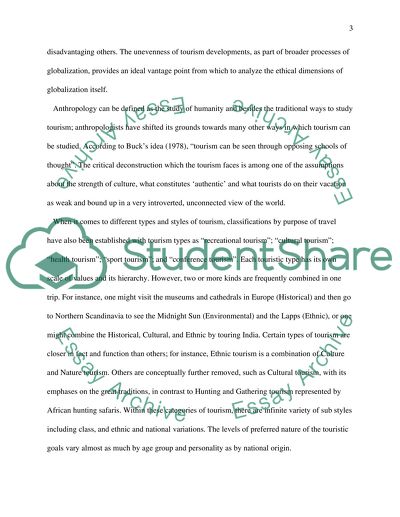Cite this document
(“Tourism Anthropology Essay Example | Topics and Well Written Essays - 2750 words”, n.d.)
Retrieved from https://studentshare.org/sociology/1533472-tourism-anthropology
Retrieved from https://studentshare.org/sociology/1533472-tourism-anthropology
(Tourism Anthropology Essay Example | Topics and Well Written Essays - 2750 Words)
https://studentshare.org/sociology/1533472-tourism-anthropology.
https://studentshare.org/sociology/1533472-tourism-anthropology.
“Tourism Anthropology Essay Example | Topics and Well Written Essays - 2750 Words”, n.d. https://studentshare.org/sociology/1533472-tourism-anthropology.


